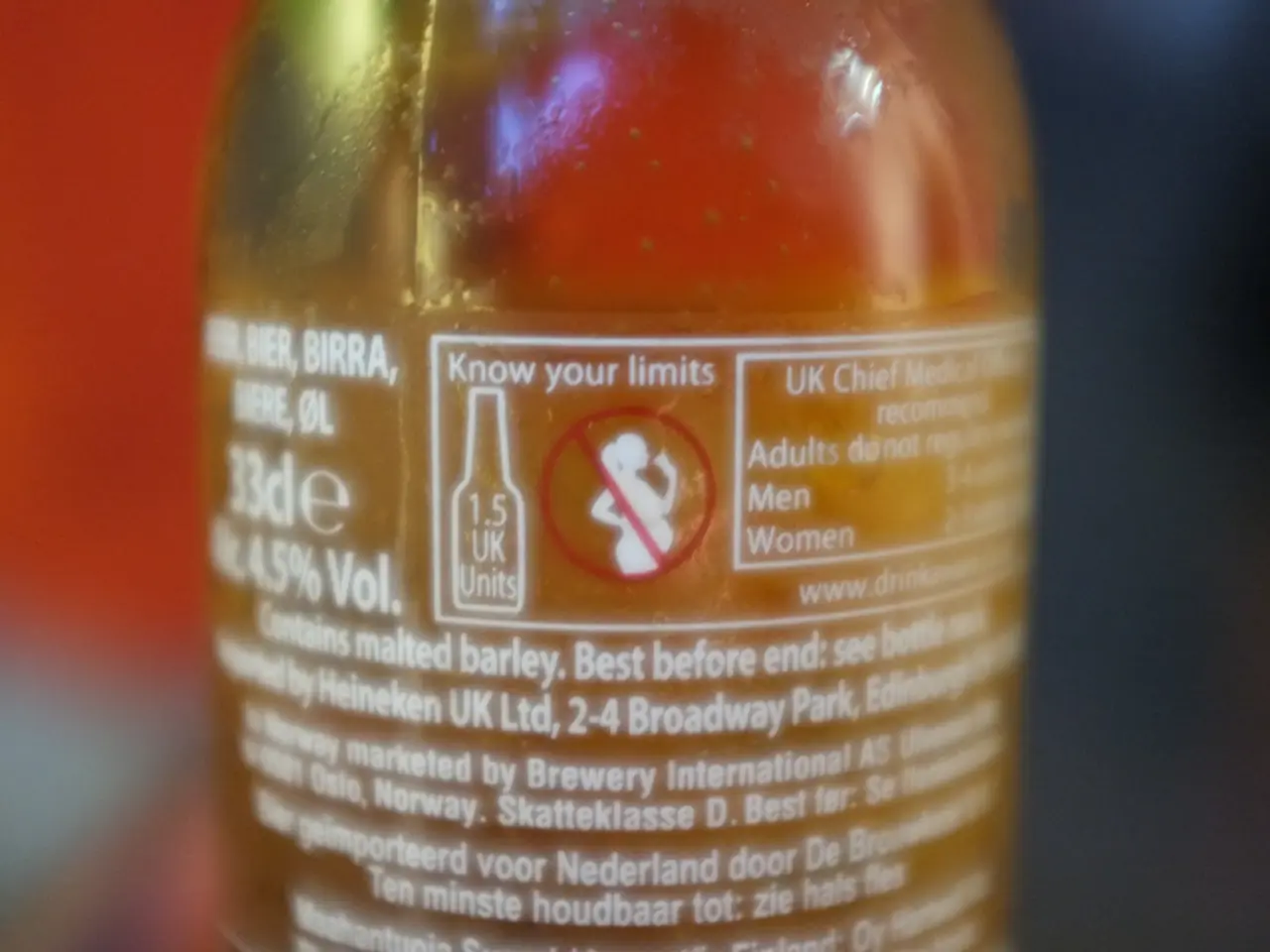Investigating the Safety of Botulinum Toxin: The Importance of Reliable Sources
In the realm of cosmetic treatments, botulinum toxin injections have become a popular choice worldwide for smoothing dynamic wrinkles. This neurotoxin, produced by the bacterium Clostridium botulinum, is safe and effective when administered correctly in a clinical setting by a qualified medical professional. However, unregulated treatments can pose significant risks.
When properly administered in tiny, controlled doses, botulinum toxin is a powerful tool, not only for cosmetic concerns but also for treating conditions like migraines, excessive sweating, and muscle spasticity. But, when improperly used, it can lead to serious complications, including botulism, a life-threatening condition caused by the toxins produced by Clostridium botulinum bacteria.
The risks associated with fake and unregulated anti-wrinkle injections, specifically botulinum toxin, are numerous. In Singapore, these risks include systemic toxicity, facial asymmetry, drooping eyelids, allergic reactions, infections, contamination, and unpredictable effects from counterfeit or mishandled products. These risks are greatly increased when the treatments are performed by unqualified injectors, such as those operating in spas or providing at-home treatments, who lack proper anatomical knowledge, hygiene protocols, and the ability to manage complications.
Fake or diluted products may contain harmful ingredients or lack proper potency, making outcomes unpredictable and potentially dangerous. Cases have been reported where botulinum toxin injections caused serious side effects including infections and symptoms mimicking botulism. On the other hand, when botulinum toxin is administered by licensed, trained medical professionals in regulated clinics with proper storage and dosage, adverse effects are rare, and the procedure is considered very safe.
Common side effects even with genuine products and qualified practitioners can include temporary drooping eyelids, headaches, allergic reactions, and injection site pain. However, severe complications mostly arise from improper use or unregulated products.
In summary, the main risks of fake/unregulated botulinum toxin injections are serious medical complications from incorrect dosing, contamination, and injection technique, as well as dangers from counterfeit or improperly handled products. To avoid these risks, it's crucial to receive treatment only from qualified medical professionals in licensed clinics. Your safety should always come before savings.
[1] Source: Singapore Health Services [2] Source: British Association of Aesthetic Plastic Surgeons [3] Source: US Food and Drug Administration [4] Source: Public Health England [5] Source: Cutis Medical Laser Clinics
- Botulinum toxin, popular for cosmetic purposes and various medical conditions, can be a powerful tool when correctly administered by qualified medical professionals in a clinical setting.
- Unregulated treatments involving botulinum toxin can lead to significant risks, such as systemic toxicity, facial asymmetry, drooping eyelids, allergic reactions, infections, contamination, and unpredictable effects in Singapore.
- Properly stored and administered botulinum toxin by licensed medical professionals in regulated clinics ensures safety, making adverse effects rare.
- Fake or improperly handled botulinum toxin injections can result in severe complications, including infections and symptoms mimicking botulism. Therefore, it's essential to prioritize safety over savings and seek treatment only from qualified professionals in licensed clinics.




